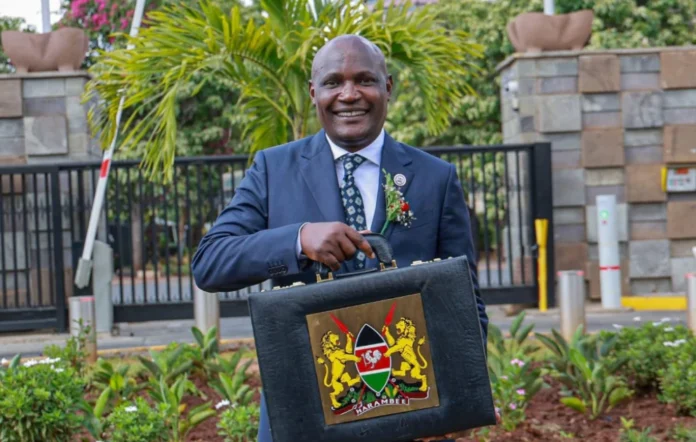
Experts have raised alarm over the viability of Kenya’s 2025/26 national budget, citing serious fiscal strain in the health and education sectors amid a growing budget deficit projected to hit nearly KSh.900 billion.
In an interview with Citizen TV on Monday, analysts cautioned that limited funding for key devolved functions could severely compromise service delivery. Healthcare has been allocated KSh.138 billion, while education received KSh.702 billion, figures that experts say fall short of the sectors’ operational demands.
Abraham Ochieng’, Senior Program Officer at Bajeti Hub, described the allocations as inadequate, warning that the budget gap would force increased borrowing, choking critical government services.
“Increasing the budget deficit will lead to more borrowing and debt repayment,” he said. “Consequently, fewer funds will be available for other government services.”
Gynaecologist Dr. Nelly Bosire echoed the concern, noting that the health sector, already weakened by the withdrawal of U.S. financial aid, needs more robust support.
“We’ve experienced clawbacks in healthcare over the past four years, but this budget hits the hardest,” she said. “We need more funding for HIV, TB, and malaria programmes, and vaccines are next in line. Reducing health allocations now is reckless.”
Chief Economist Ken Gichinga warned that a deepening budget deficit will crowd out the private sector, stifling job creation and economic recovery.
“More government borrowing means less money for the private sector and fewer jobs,” he noted. “Kenya’s human capital is its most valuable resource. Undermining health and education undermines our competitiveness.”
According to Treasury projections, the KSh.4.2 trillion budget will be funded by KSh.2.7 trillion in revenue and KSh.560 billion from levies and Appropriations-in-Aid, bringing the total expected income to KSh.3.3 trillion. This leaves a shortfall of approximately KSh.876 billion, to be bridged through borrowing.
Although Kenya is anticipating KSh.46.9 billion in grants, experts are calling on the Treasury to revise the budget statement and prioritize funding for essential services to avert a deeper economic crisis.
Written By Rodney Mbua


















